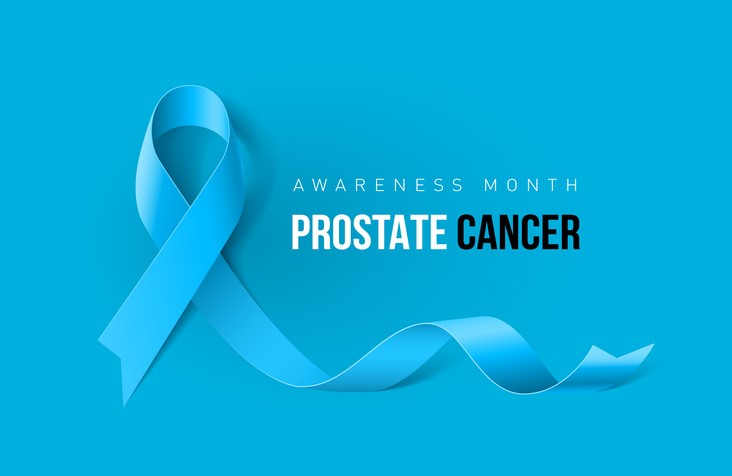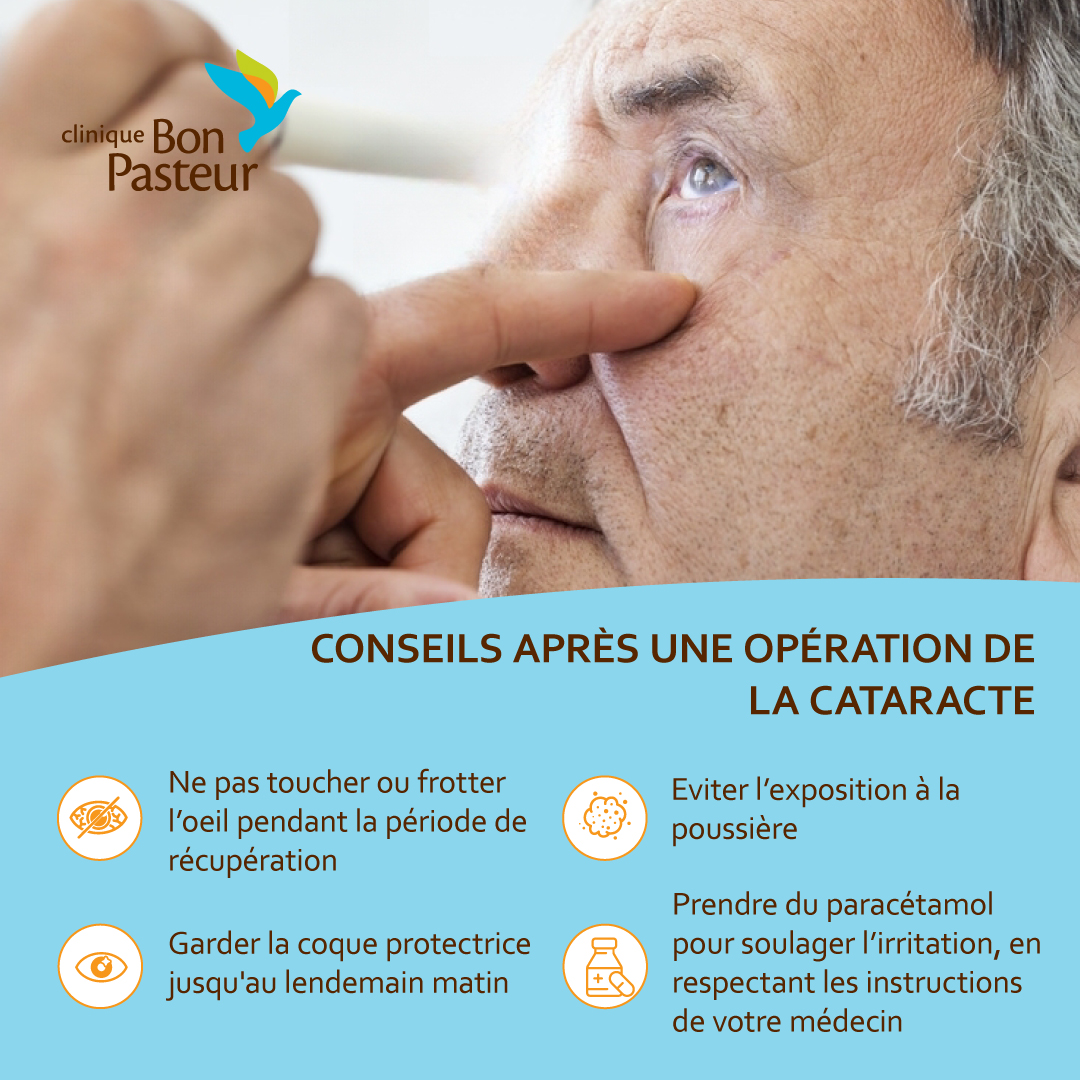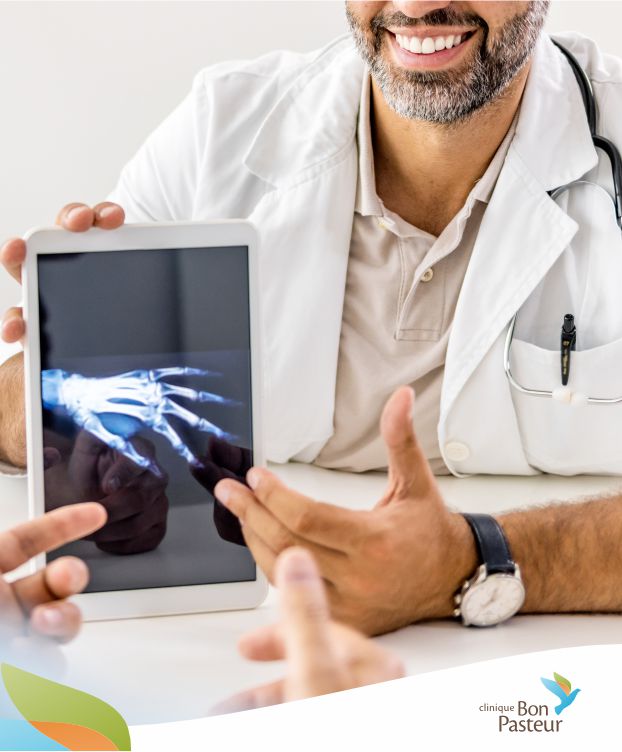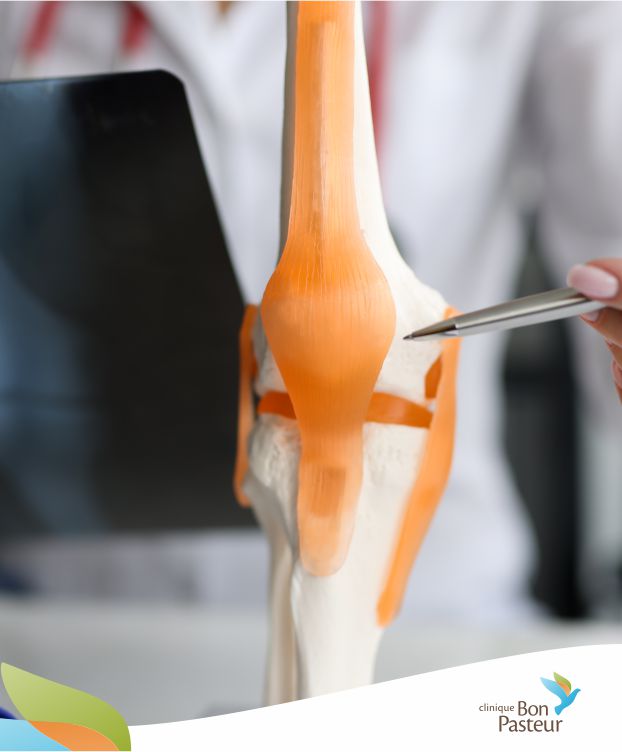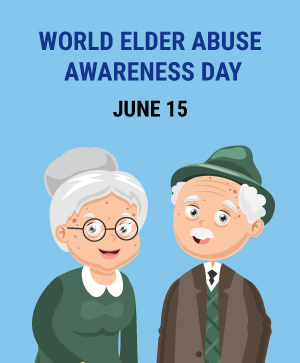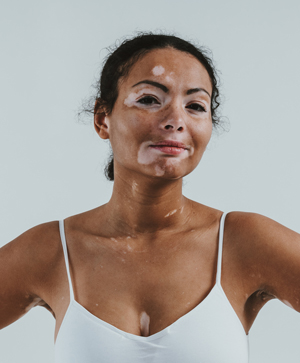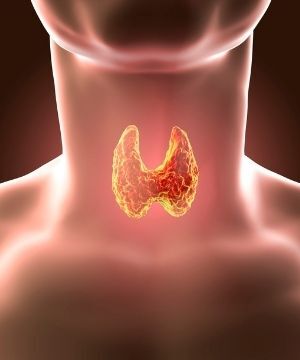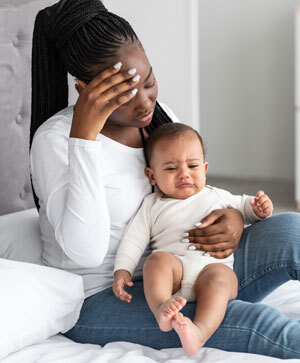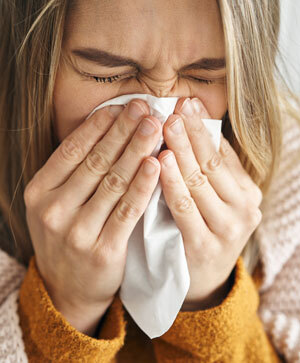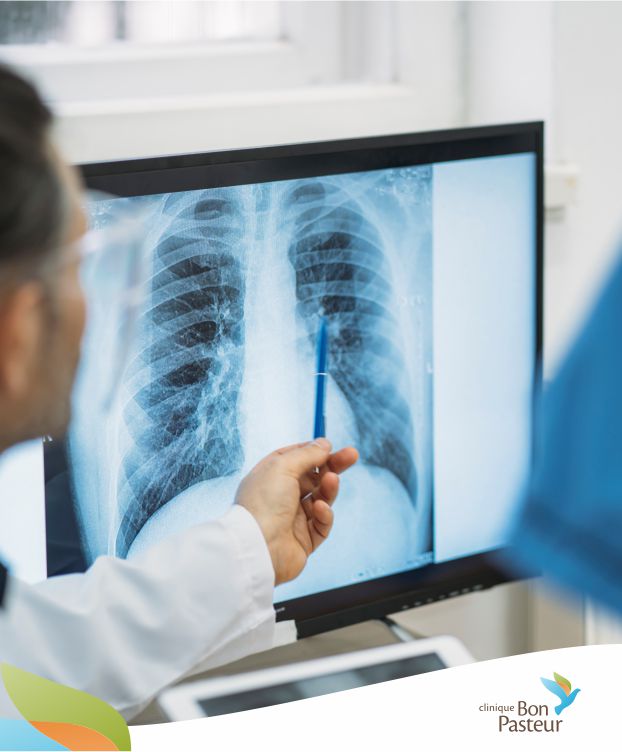‘The key is to communicate and not just listen’
February 4, 2022
‘The key is to communicate and not just listen’
Julien Quenette, psychologist
After being closed for many months, schools are reopening at the beginning of February. It is a relief for some and a real challenge for others… Families are divided on the question, and some are unsure how to approach this new situation. How to ensure a successful return to school? We asked the question to Julien Quenette, psychologist at the Clinique Bon Pasteur.
After a few months of distance learning, school is finally resuming. How do you perceive the situation?
For many people, the reopening of schools is very good news. Distance learning, even if temporary, has its limits. For the youngest, the work-from-home setting was not necessarily convenient, with a significant risk of exposure to screens. For them, going back to school will be gratifying, since social bonds hold a very important place in the early years of life. Meeting with their classmates again will make it possible to consolidate that bond.
And for the older children?
We have observed an increase of the impact on the mental health in older children, as well as a learning lag and school drop-out in the last few months, which can be problematic. This has also been a complicated period for children with special needs, with a real risk of regression. Reintegrating the school setting will allow them to re-establish a routine, which can only be beneficial. Fortunately, the government has also decided to extend the school year to November, in response to many teachers’ concerns. Indeed, students will have to start with the program afresh, as the learning gaps have widened with remote teaching.
We are talking a lot about relief, but there is also much apprehension.
There is mixed opinion, since everyone does not have the same reality. Some are well grounded in their routine and feel comfortable in their environment. For others, the fear of starting again is added to the fear of Covid. Many parents prefer to take a step back and analyse the situation during the first weeks of school resumption, before letting their children go back. After all, it is another perturbation of the routine to which children have become accustomed for months. Not all families react to change in the same way. Moreover, the health situation has not changed, and there are many rules to which children must readjust themselves. It is up to teachers to set the boundaries, and to parents to gently remind the precautions to be taken every day.
How can we cope with this anxiety-inducing climate?
Fortunately, after two years, the situation is not necessarily anxiety-inducing for children anymore. They have become used to it. Wherever a stressful climate is prevailing, it is up to parents to talk it over and check in with their child. To minimise the impact of the situation, communication remains the key. There are also many activities to put in place in order to create a safe environment for children. For example, we can prepare a small card with a reassuring photo, which they can carry with them at all times, wherever they go .
School resumption will still require major adjustment after such a long time away from class. How can we best support our children and allow them to reconnect gently?
Again, all this depends on the child’s age. In 2019, UNICEF gave general instructions on how to accompany your child through words . The most important thing is to provide them with a space for talking. It is necessary, for example, to use open questions, to invite them to speak freely; but the parent must also share his own concerns regarding the situation. In the end, the key is to communicate and not just listen. At best, this sharing time can become a habit, a safe space where you can inquire about the child’s emotions, communicate and exchange with them, which is paramount to their sound development. Children learn through observation, and parents are their role models in learning how to manage emotions. There is also a whole routine to set up and to stick to, in particular with regards to schoolwork follow-up. One can, for example, establish a precise planning, set a break time back from school to unwind, take a moment to follow-up on homework, and plan activities until bedtime. Unfortunately, this is not possible for everyone. The most important thing is to do what you can, the best you can.
To explain Covid-19 to children, the Inter-Agency Standing Committee (IASC) Reference Group on Mental Health and Psychosocial Support in Emergency Settings has designed a beautiful story.
——————————————————————————————
https://www.unicef.org/coronavirus/how-talk-your-child-about-coronavirus-covid-19
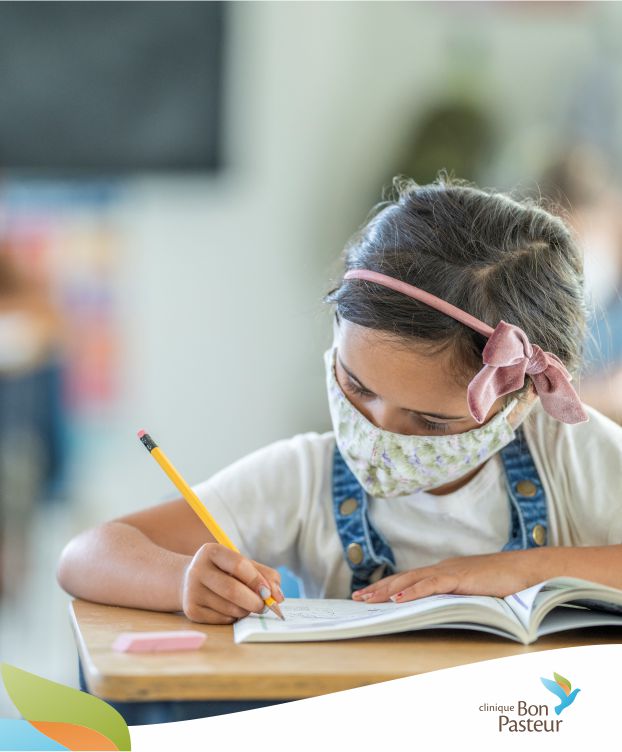
Related Article
